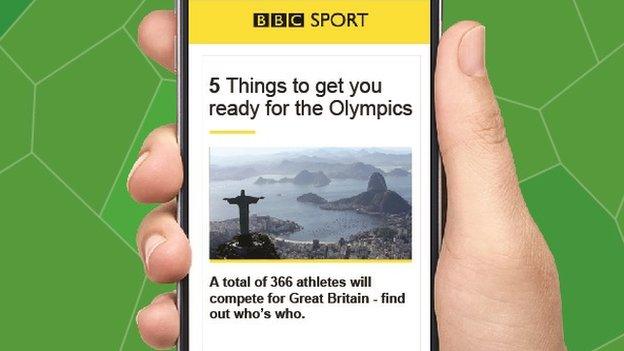Russian doping: Ex-investigator Jack Robertson criticises Wada & IOC
- Published
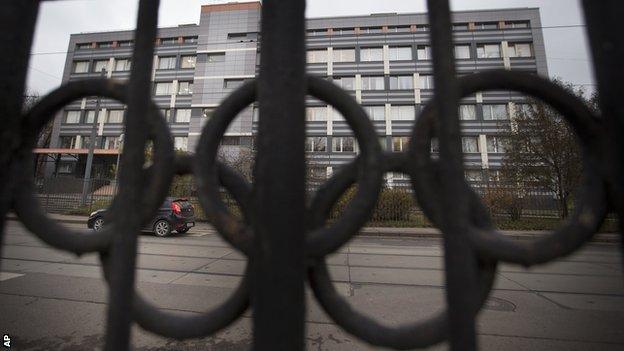
A Wada-commissioned report found Russia operated a state-sponsored doping programme for four years across the "vast majority" of summer and winter Olympic sports
The man who helped expose Russian state-sponsored doping says he leaked information about his investigation to the media to force anti-doping chiefs to provide him with additional resources.
American Jack Robertson has become a fierce critic of the way the World Anti-Doping Agency (Wada) and International Olympic Committee (IOC) have so far dealt with the crisis.
Both organisations have defended their handling of the situation but Robertson has become increasingly frustrated.
In a lengthy and revealing interview with David Epstein, external of the investigative journalism website ProPublica, he says he was forced to take matters into his own hands when it appeared his work was being hampered.
"I was working 11 hours a day, sometimes 18 hours," said the 56-year-old, who was Wada's chief investigator until January 2016.
"Once it was exposed in the media, then I got some manpower to do the investigation."
Robertson also believes Wada and the IOC need new leadership.
"The people I worked with at Wada were absolutely amazing, the best in the field," he said. "But it's my feeling they've been betrayed by their leadership.
"I lost much of my voice to throat cancer, so I know a thing or two about cancer. And this is like cancer, if you don't get all of it, it can come back worse.
"We've seen it in Fifa, you have to take out the boss, but you have to take out their henchmen, too, those who would follow them for their own careers. Everyone who supported them in their decisions has to go."
Robertson has been an outspoken critic of Wada president Sir Craig Reedie, accusing the 75-year-old Scot of failing to take prompt and decisive action in the wake of the Russia revelations.
Reedie, who is also a member of the IOC's executive committee and a former chairman of the British Olympic Association, has consistently defended his actions and those of Wada.
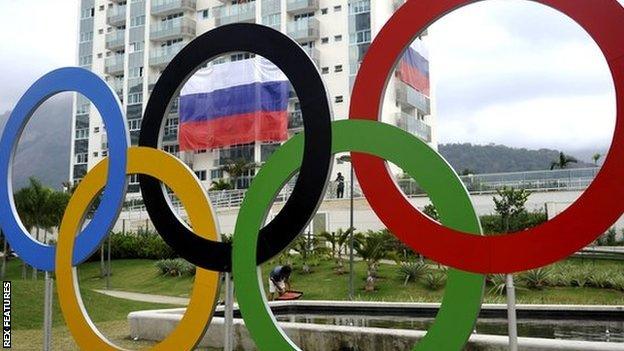
Some Russian competitors in Rio are still waiting to find out if they can compete at the Games, which open on Friday
Robertson is also critical of IOC president Thomas Bach, saying the German - a former Olympic fencing champion - has failed to protect the whistleblowers who helped expose Russian wrongdoing.
Robertson is referring to Yuliya Stepanova, the Russian 800m runner whose testimony helped shed light on the scale of doping in Russian sport.
She was set to compete under a neutral flag at the Rio Olympics only for the IOC to rule that the 30-year-old should not be allowed to take part as she had previously failed a doping test.
Less than 36 hours before the official opening ceremony in Rio starts, the IOC is still working out which Russians should be allowed to compete following calls for the country to be kicked out of the Games completely.
In the meantime, Reedie continues to say his organisation is doing what it can to crack down on the dopers and says there is a "lack of understanding about what Wada is all about"., external
But Robertson says time is running out.
"We can't just keep going from scandal to scandal," he said. "And if this scandal isn't enough to bring about change, then nothing ever will be."
Who is Jack Robertson?
Wada's chief investigator until leaving the agency in January, he was responsible for exposing the state-sponsored doping programme in Russia that sent shockwaves across the sporting world.
He also helped bring down cycling drugs cheat Lance Armstrong and ran dangerous investigations into Mexican drug cartels in his previous job as an agent for the Drug Enforcement Administration (DEA) in the United States.
"I sometimes wondered if I had a life outside of investigations," said Robertson, who had throat cancer while he investigated Russia and lost his wife to breast cancer a few years ago.
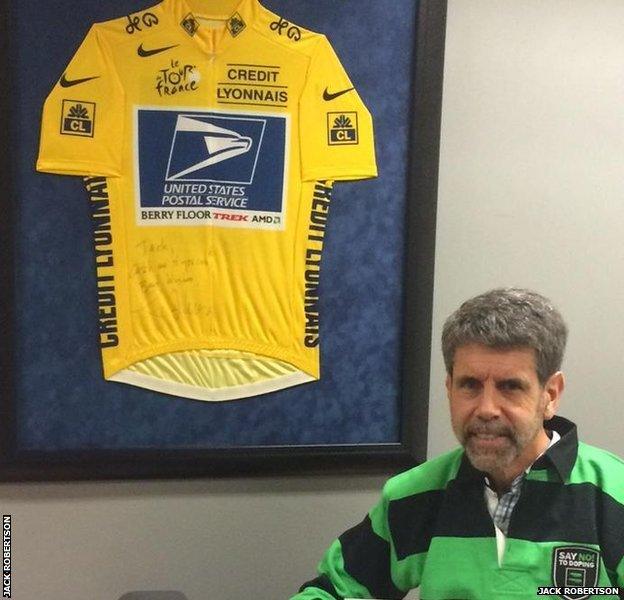
One of Armstrong’s Tour de France yellow jerseys adorned Robertson's office wall at Wada. Armstrong, without realising exactly who it was for, had signed it: “Jack, Catch me if you can. Best wishes."
Was he surprised by the extent of Russian doping?
Robertson said he had not comprehended the enormous scale of the doping problems facing sport when he agreed to joined Wada in 2011.
He said he "assumed" his focus would be on individual athletes but that "eventually progressed" to international sporting federations and countries.
"In addition to this, I saw the darker side of sport," Robertson told BBC Sport. "I found the real culprits are not the athletes but rather those who are administrating sports.
"Sport is broken and this brokenness is passed from down from generation to generation. Somehow we need to find a way to take sport back."
Why did he leave Wada?
The organisation said he had retired. Robertson disputes this version of events but will not elaborate.
"It is my passion to make a difference, a lasting and meaningful difference," Robertson said.
"I am passionate about worthy missions. In the DEA, I wanted to limit the exposure of dangerous drugs to our children. With Wada, I wholeheartedly believe and embrace Wada's mission/mandate to protect clean athletes.
"I am not just trying to say the right things here. I really do mean this."
Will he watch any of the Rio Olympics?
"Certainly not much, if any," he said. "It is a shame, for I grew up anxiously awaiting the summer Olympics.
"The IOC has ruined it for me. I'll make a deal with Thomas Bach. If he resigns, I solemnly promise to watch the Rio Games."
- Published10 August 2016
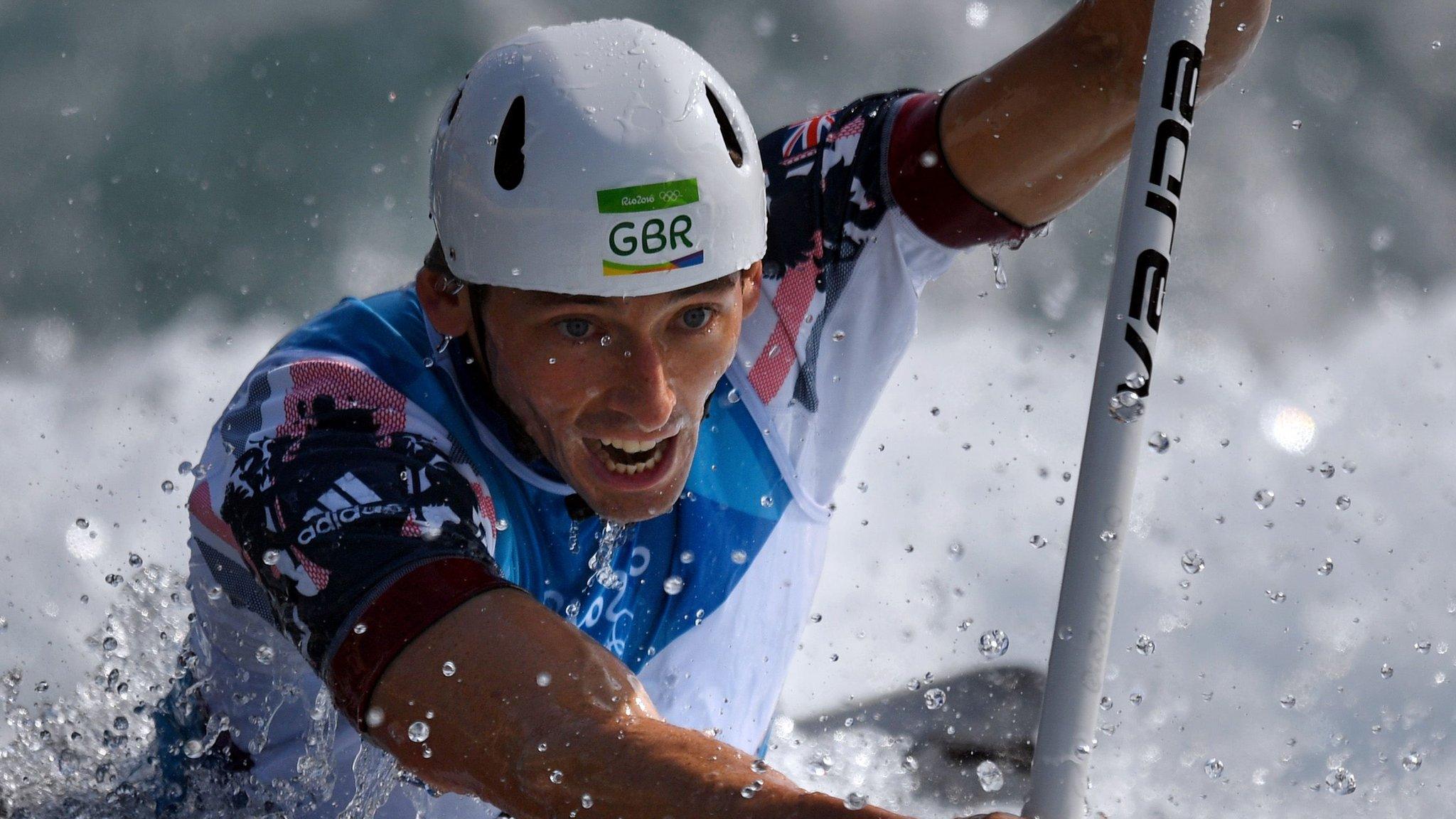
- Published4 August 2016
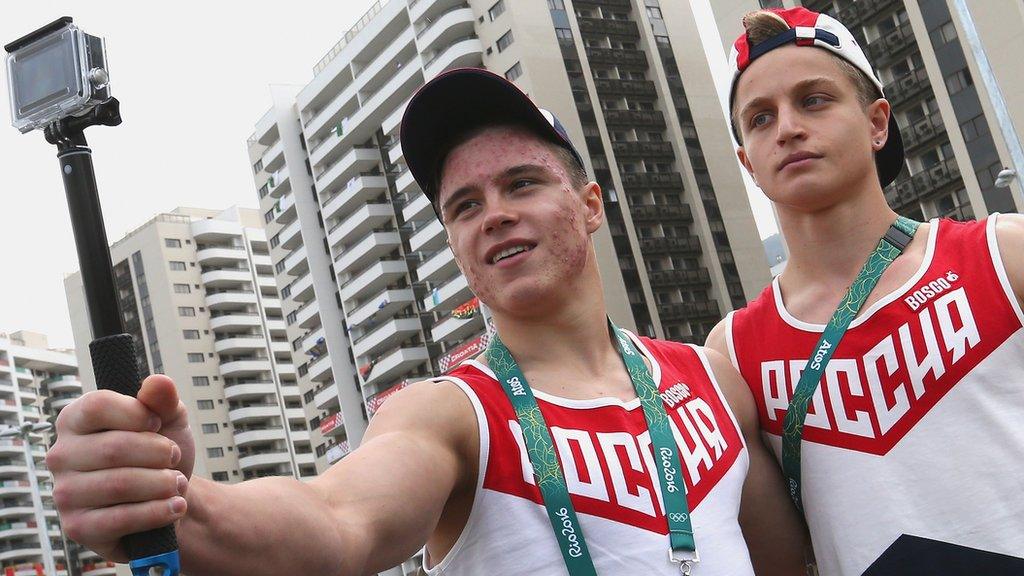
- Published18 August 2016
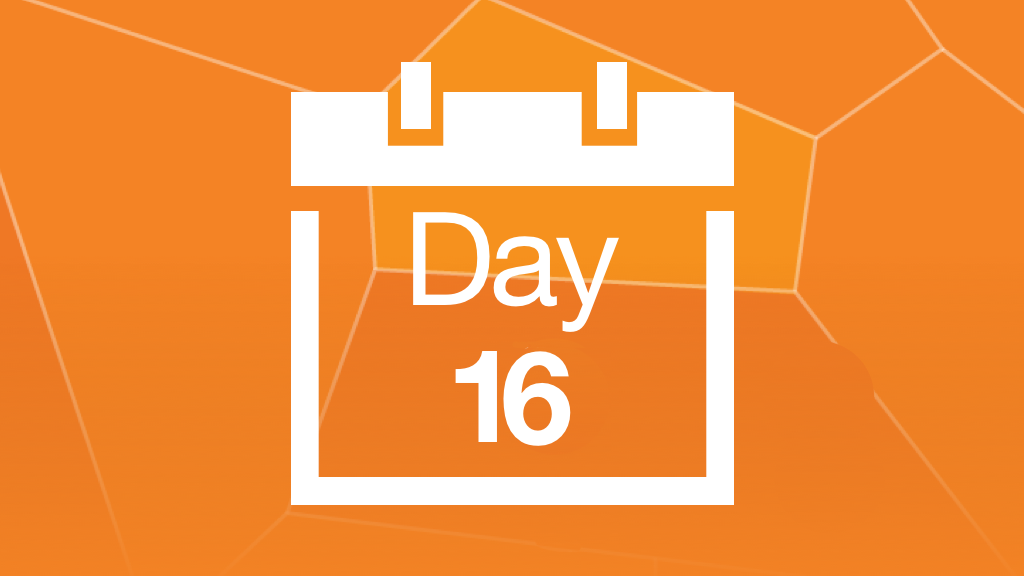
- Published3 August 2016

- Published19 July 2016
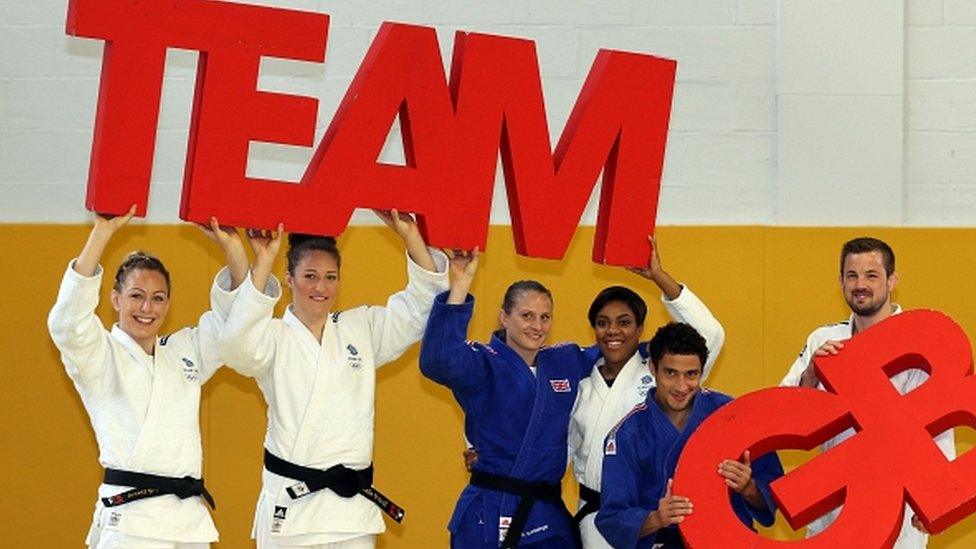
- Published3 August 2016
